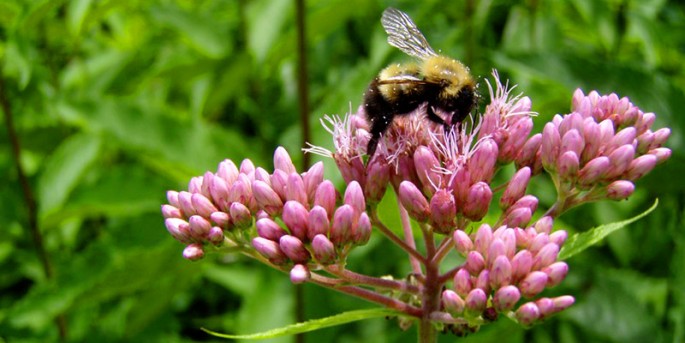Bumblebees that are living in North America and Europe are now declining in population numbers due to global warming. These creatures are pivotal in pollinating the rest of the world's flora and fauna as their homes are ravaged by the effects of climate change where they fail to migrate to cooler climates.
Researchers examined records from 1901 to 2010 where they tracked 67 bumblebee species where the tiny insects have apparently given up migrating about 185 miles, originating from their homes located in southern regions of North America and Europe.
Researchers also confirmed that pesticide use or even habitat destruction were not to blame since there were no evidence suggesting the two probable causes but instead, they discovered that rising temperatures is the culprit that has been fast accelerating beginning in the 1970s.
According to biologist Jeremy Kerr from the University of Ottawa, the bumblebees have now become stuck in the northern edges of the ranges where the southern edges are also crushed inward resulting in lost populations. Kerr also ads that bumblebees are declining faster than imagined due to human caused climate change.
Across the two continents, the results also show that the effects are almost identical which has been occurring in both Europe and North America. This means that if bumblebees are experiencing a population decline on a continental scale, this can threaten global food sources including the economic viability of certain crops since bees pollinate most food sources for humans and animals.
Wild bumblebees are crucial pollinators for agricultural crops mainly, blueberry, apple, pumpkin and tomato where bee decline can greatly affect this ecosystem and can lead to lower crop yields and higher food demand leading to more expensive food that can be a disaster to human food supply and the economy, according to biologist Leif Richardson from the University of Vermont.
Even if temperatures are rising in the south, the bees fail to migrate to a more hospitable region in the north, unlike other species. The study published in the journal, Science.



























